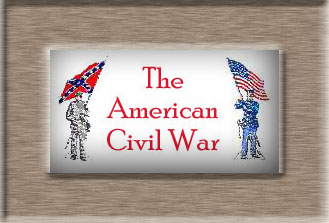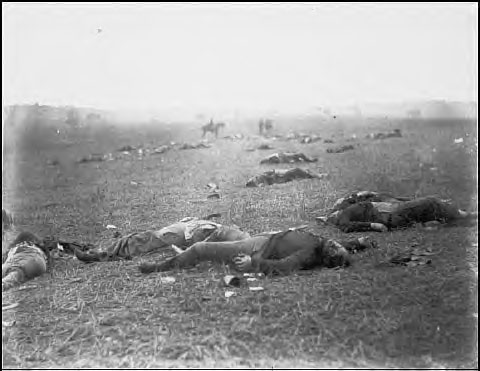


|

SOLDIERS and WAR
In any war that goes on long enough -- which is probably "three months or more" -- camaraderie in the ranks becomes stronger than political consciousness or whatever else inspires men to go to war in the first place. With every battle and with every camp baseball game, these boys grow a cussed loyalty to the unit, the regiment, the company. As they grow closer to each other, in the mad world of war, they grow more remote from everything else. The march of Xenophon's 10,000 is the ultimate army story. They stick together. They evolve their own morality, and they hold to it. A few get killed. But they know that if they don't work together they all get killed. It doesn't matter how they got into this war -- it's not their war, anyhow. No one at home understands what they are going through. Robert Graves, a young Welsh officer shot up in the trenches in World War I and sent home to heal, wrote, "England looked strange to us returned soldiers. We could not understand the war madness that ran about everywhere, looking for a pseudo-military outlet. The civilians talked a foreign language, and it was newspaper language. I found serious conversation with my parents all but impossible." He could have stayed safe at home, but he begged the army to send him back to the front, not so he could kill Germans, but so he could be back with the men he felt needed him. You could probably get warriors from centuries ago to sign on to the Vietnam soldiers' mantra: "We the unwilling, led by the unknowing; doing the impossible, for the ungrateful." Walt Whitman, who got to watch the war from close range, was a strong partisan for the North's cause. He as much as any man helped elevate Lincoln to sainthood in the national memory. And, like anyone who stood close enough to the war to really see it, he knew that "The grand soldiers are not comprised in those of one side any more than the other."
"At the War Department a few days ago I witnessed a presentation of captured flags to the Secretary. Among others, a soldier named Gant, of the 104th Ohio Volunteers, presented a Rebel battle flag, which one of the officers stated to me was borne to the mouth of our cannon and planted there by a boy but seventeen years of age, who actually endeavored to stop the muzzle of the gun with fence rails. He was killed in the effort, and the flagstaff was severed by a shot from one of our men ...." To the men who fought under it, or against it, the Confederate battle flag wasn't a symbol of some abstract idea -- slavery or racism (a word not even invented in the 19th century) or some fine point of constitutional law. That was not their flag. Their flag was a square of real cotton, stained in real colors, that stood for nothing more than what this group of young men meant to one another. It was a square of cloth perforated by the same bullets that had punched through the bodies of their friends. That's the soldier's flag. It doesn't belong to the senator or the race baiter or the armchair historian or the war profiteer. I remember reading about a veteran's encounter, long after the war, with an old chap who had once commanded a brigade in the Union's 2nd Corps -- Hancock's Corps. The old general pulled out a red flannel trefoil, the kind the 2nd Corps soldiers had worn on their caps, and said, "When I feel homesick and downhearted, I take this out and look at it, and it cheers me up." I suspect the Northern soldiers, if any were alive to tell us, would vehemently agree that honor should be shown to the rebel fighting men. And that the flag that the Southern soldiers, living, upheld in battle should not be surrendered to ignorant, hateful, selfish people. I think Whitman would agree, too:
"I am very warmly disposed toward the South; I must admit that my instinct of friendship towards the South is almost more than I like to confess. I have very dear friends there -- sacred, precious memories; the people there should be considered, even deferred to, instead of browbeaten. I feel sore, I feel some pain, almost indignation, when I think that yesterday keeps the old brutal idea of subjugation on top. If that was true back before Reconstruction, when Whitman wrote it, I suspect it is still true.

|
| �2002Douglas Harper | "When misunderstanding serves others as an advantage, one is helpless to make oneself understood." -Lionel Trilling |